I was watching the second season of Orange Is The New Black when I came across an episode devoted to a surprising topic. The episode in question was dedicated to pointing out that women have two holes – the urethra, where your urine comes out, and the vaginal opening.
Apparently this ignorance is so widespread that a popular TV show made an episode about it. How can this be? Half the world has this anatomy!
In that episode, a trans woman, Sophia—played by the brilliant Laverne Cox—explains female anatomy to the other women in prison, and soon enough the newly educated inmates are fighting over a mirror to check it all out.
The author of The Unbearable Lightness of Being, Milan Kundera, once wrote “When we ignore the body, we are more easily victimised by it.”
And yet too many of us are ignorant about our own bodily functions.
Do you know when you ovulate? Do you know how many eggs are in your ovaries? Do you know how many days a month you’re fertile, or what the fallopian tubes do, or the cervix, or the endometrium?
Do you know when you ovulate? How many eggs are in your ovaries? Don’t worry, you’re not alone.
Don’t worry, you’re not alone.
A 2016 UK survey found that fewer than a third of women were able to correctly identify six labelled parts on a diagram of the female reproductive system. Almost half of women couldn’t correctly point out the vagina, and a whopping 60 per cent couldn’t label the vulva. Almost a third said they wouldn’t feel comfortable talking about gynaecological symptoms with a doctor or showing their vagina to one.
The survey was done for the Eve Appeal, which commented: ‘This combination of ignorance and embarrassment could be costing lives.’ In fact, a fair portion of the delays in diagnoses for gynaecological cancers—womb/uterine cancer, ovarian cancer, cervical cancer, vulval cancer, vaginal cancer—are caused by women not reporting symptoms to their doctors.
Athena Lamnisos, the chief executive officer of the Eve Appeal, told me that euphemisms used by women when reporting gynaecological symptoms are sometimes so obscure that doctors don’t know what they’re talking about. One doctor believed, until almost the end of a ten-minute consultation, that a patient was talking about her bladder when she was actually trying to report gynaecological problems.
I, too, was shockingly ignorant of the basic functions of my body, until I attended a patient-centred endometriosis conference run by the advocacy group EndoActive a few years ago.
A study found that a whopping 60% of women can’t identify the vulva
One crisp day in a University of Sydney auditorium I learnt for the first time that all the things wrong with me – the period pain, leg pain, back pain, hip pain, shooting pains up my rectum and vagina, bloating, nausea, diaryhoea, stomach upsets, dizziness, and the oh-so-debilitating fatigue that I had suffered for years – were common symptoms of endometriosis.
I also heard of adenomyosis for the first time, a disease I was diagnosed with later that year. I cried and I cried and I cried. I’d doubted myself, feeling second-rate, weak and flaky, only to realise… I wasn’t. I had to reimagine myself, and it wasn’t easy.
The statistics around endometriosis are barely believable: one in ten women of reproductive age have the disease. That’s 176 million women worldwide. Sufferers are routinely told by healthcare professionals that pregnancy or hysterectomy are cures – they’re not. In fact there’s no known cause or cure. The disease is funded at around 5 per cent of the rate of funding for diabetes even though it affects about the same number of women and costs the economy more.
Why do we live like this? Many factors are at play but it all comes down to this: a world controlled by men. A key issue is women’s lack of education on how our bodies work, and social taboos and stigmas that prevent many women from talking about genitals, sex life, pain and reproductive processes. How can we talk about pain that’s sexual or focused on our reproductive organs when we don’t even know the names for parts of our anatomy?
Endometriosis is funded at around 5% of the rate of funding for diabetes, even though it affects the same number of women
Women’s general ignorance about our bodies doesn’t seem to have arisen by accident but rather by design. Why aren’t school-children taught the correct names for female anatomy? Why is menstruation a topic that must be discussed in hushed tones?
In the US, as recently as 2015, an ad was banned from the New York subway because ‘of the nature of the language used’. ‘Underwear for women with periods’, was the offending sentence. As Deirdre Hynds noted in the Irish Times, at the time the ad was banned the city’s Metropolitan Transportation Authority had seen fit to approve ads for ‘breast augmentation’ and a photo of a woman being choked with a necktie in an ad for a Fifty Shades of Grey film.
Making talk of periods shameful is a key strategy in the oppression of women worldwide – and it happens in every modern society. But the menstrual cycle, and changes to it are signs of so much regarding the health of everyone who menstruates.
In its work with girls around the world, Plan International has found that menstruation must be discussed at a community level if stigmas are to be broken down. The greatest success is seen when men and boys become actively involved in the conversation, because men are often the enforcers of social stigmas and cultural norms. Only when menstruation stops being secret women’s business will life improve for everyone who struggles to enjoy full dignity and social inclusion when they have their period.
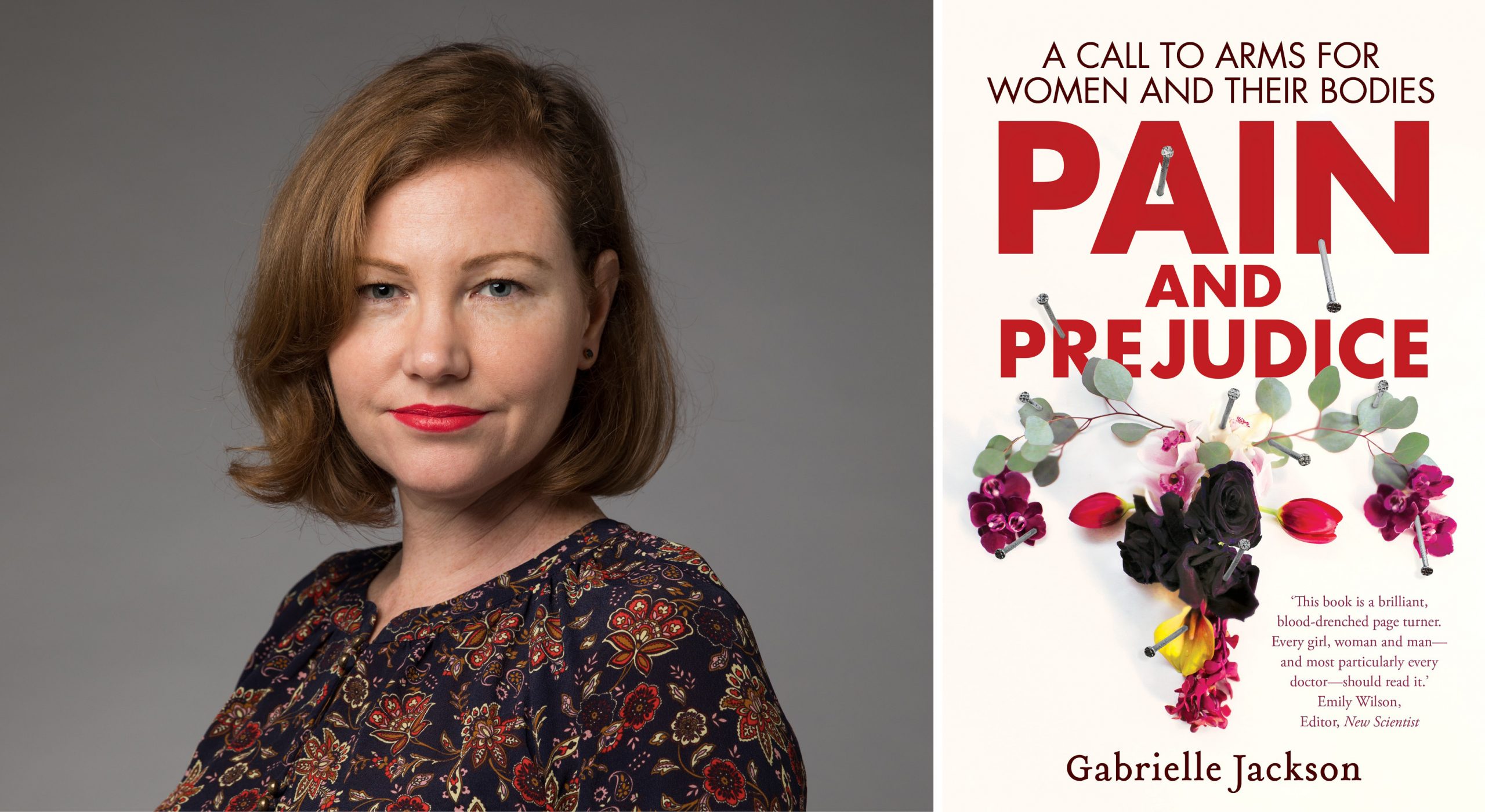

We must destroy the taboo on talking about periods. It’s not only education that needs to change, it’s conversation.
And it’s not just periods.
Menopause is another natural cycle of life that’s also a highly charged social construction.
There’s an Amy Schumer comedy sketch in which she comes across the actors Julia Louis-Dreyfus, Tina Fey and Patricia Arquette having a picnic in the woods. They tell her they’re celebrating Louis-Dreyfus’s ‘last fuckable day’.
‘In every actress’s life, the media decides when you finally reach the point where you’re not believably fuckable anymore,’ Louis-Dreyfus explains to Schumer.
The sketch instantly became a classic, not only because it feels so true about media and Hollywood, but also because this is how many women approach menopause. It’s as though this change in their lives is the end of themselves as attractive, sexual beings. And that’s because it has historically, at least in the Western world, been sold that way by some doctors and scientists.
Two seminal books helped establish this idea in Western society at a time when women were finally starting to gain some freedom. Everything You Always Wanted to Know About Sex* (*But Were Afraid to Ask), by the psychiatrist Dr David Reuben, is one of the biggest-selling books on sex of all time and later inspired a Woody Allen movie of the same name.
Published in 1969, it had a profound effect on sex education and has been hailed as an integral part of the sexual revolution. It included such gems on menopausal women as: ‘Having outlived their ovaries, they may have outlived their usefulness as human beings. The remaining years may be just marking time until they follow their glands into oblivion.’
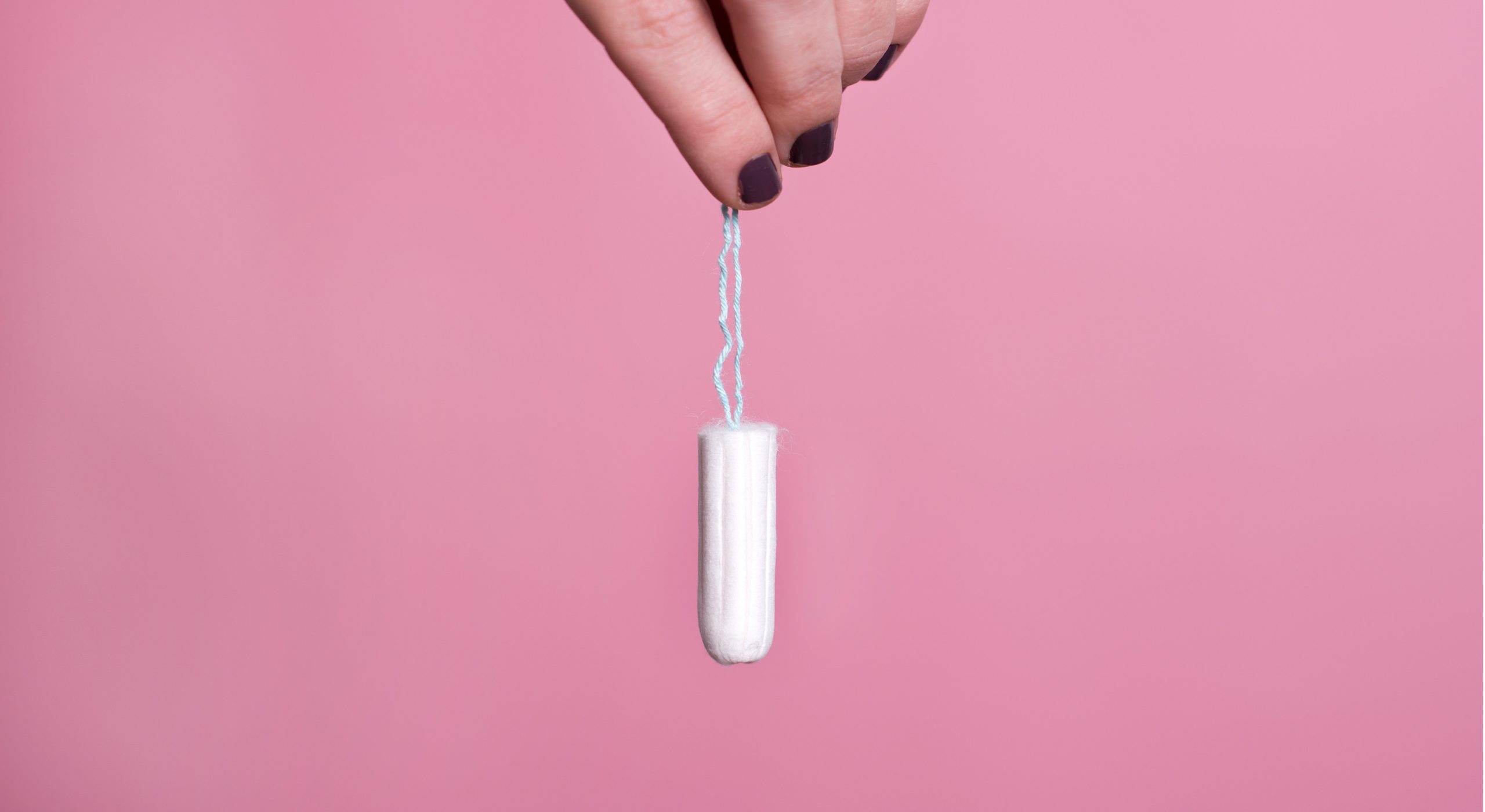

And: ‘As estrogen is shut off, a woman comes as close as she can to being a man. Increased facial hair, deepened voice, obesity, and the decline of breasts and female genitalia all contribute to a masculine appearance. Coarsened features, enlargement of the clitoris and gradual baldness complete the picture. Not really a man, but no longer a functional woman, these individuals live in a world in intersex . . . sex no longer interests them.’
Sex no longer interests them? Try telling that to the women in an Australian study who reported having a greater sex drive associated with a new partner following menopause. Reuben’s descriptions of menopausal women are pseudoscience, better known as bullshit. When it comes to menopause, there’s a lot of it around.
Most women experience some unpleasant effects of menopause, but the dread women hold about this process is at least in part socially constructed. No other expected life change besides death is approached with such fear and apprehension.
Of all the myths surrounding menopause, three stand out: a woman’s sex life is over, she’ll gain a lot of weight and she’ll turn into a maniac. None of these are certain to occur, and with knowledge and the right treatment all can be avoided or minimised.
A 1992 study published in the Psychosomatic Medicine journal found that attitudes to menopause went some way in predicting experiences. “Middle-aged women believe that holding negative expectations about the menopause affects the quality of the menopausal experience.”
I’m not suggesting that magical thinking will make menopause a breeze. The process of ageing presents challenges to everyone’s bodies, and menopause has proven physical impacts. Sex hormones are fluctuating during this time, which can cause dramatic physical and mental effects in some women. Many of us remember how hard it was to go through puberty—facing it again, in reverse, doesn’t sound like much fun.
I’m not suggesting magic thinking will make menopause a breeze
But menopause doesn’t last forever, and not all women have a terrible experience. It’s not the end times—far from it. In the second season of the British sitcom Fleabag, a character played by Kristin Scott Thomas calls menopause ‘the most wonderful fucking thing in the world’.
This seems like a good time to give menopause a makeover.
As with all subjects that have been taboo, changing minds and attitudes is hard. Many brave famous women, including Jean Kittson in Australia, Jane Fonda in the USA, Kirsty Wark in the UK, and Germaine Greer, Emma Thompson, Angelina Jolie and Gillian Anderson have started to speak about their experiences of menopause, but representations of older women or of menopause itself remain rare in Western culture—at least outside of comedy, where menopausal women are usually the butt of the joke.
As a society, we have to talk more openly and honestly about menopause at home, work in popular and high culture, online and in the news media. We have to know what to expect, understand that everyone who experiences menopause will have a different ride through those years, and believe that life after menopause can be exciting and fulfilling—maybe even better. We have to listen to those who welcome this stage of life as closely as we listen to those who dread it and those who suffer unpleasant effects.
We have to unpick the so-called symptoms of menopause from the normal processes of ageing, of which menopause is a part. Everyone experiences reduced hormone production as they age; everyone experiences hot flushes and night sweats, gets wrinkles, has more aches and pains and changes to hair and skin. But because menopause is tied to the uterus—the source of so much corruption!—and the female reproductive capacity, it is pathologised, turned into a condition that has to be managed by medicine.
We must also demand more research into menopause and menstruation, along with increased funding from government bodies for research into medical and non-medical treatments for ill effects these natural cycles can cause in some people’s lives, and we must make sure working class and minority women and others with female reproductive systems aren’t excluded or priced out of effective treatments.
Whether it’s improving information about, or treatments for, the effects of menstruation or menopause, the lesson comes down to that old chestnut: we have to change society so that everyone’s contributions and unique experiences are understood, accepted and valued.
Edited Extract from Pain and Prejudice by Gabrielle Jackson (published by Allen and Unwin). Click to purchase here




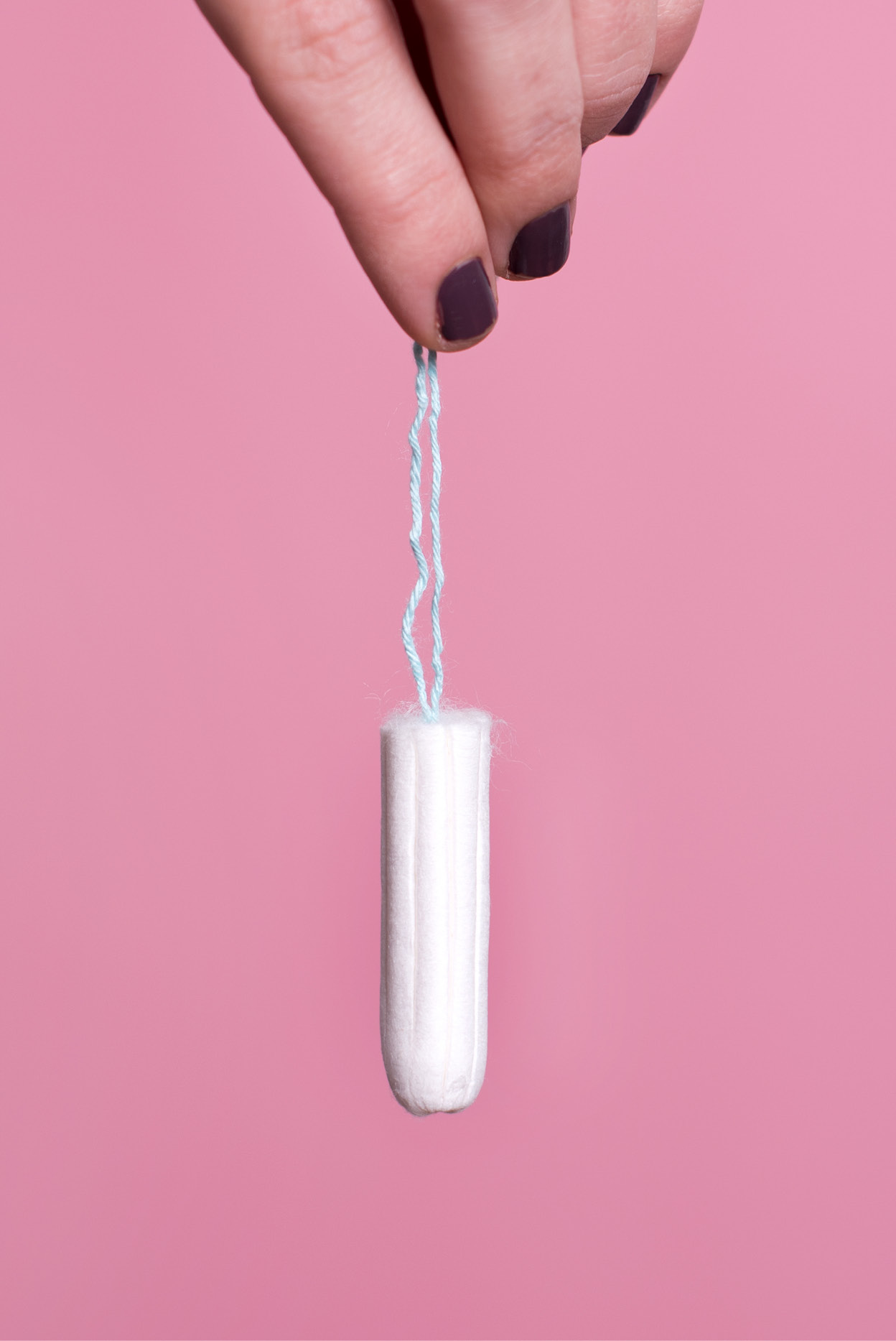
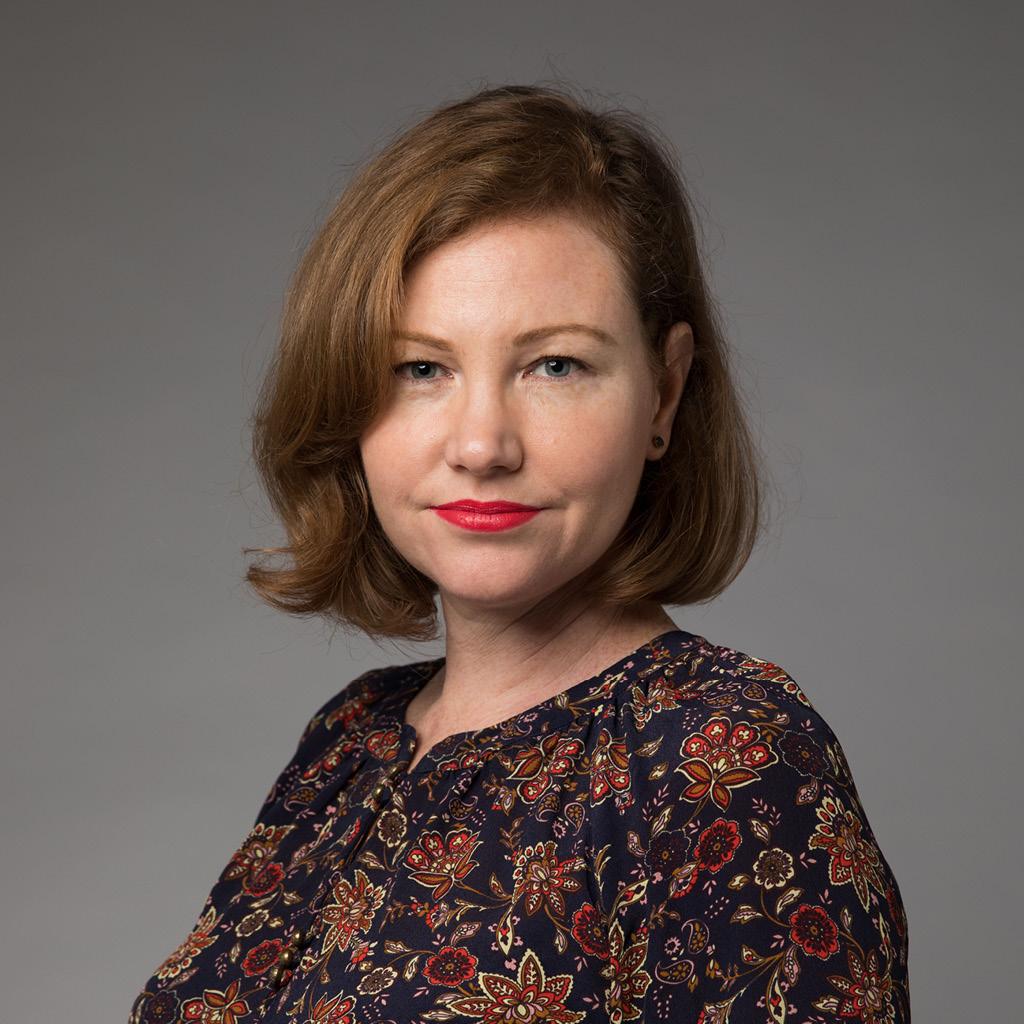

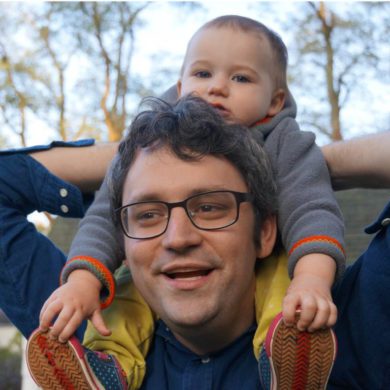
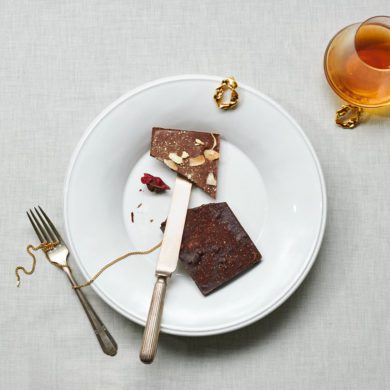
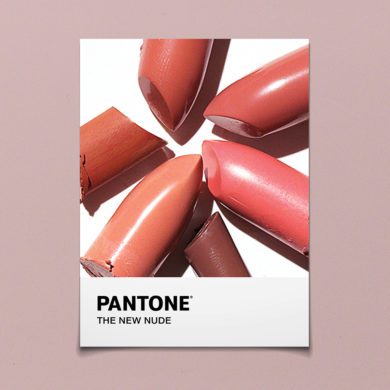

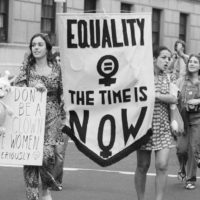
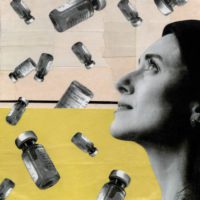
No Comments